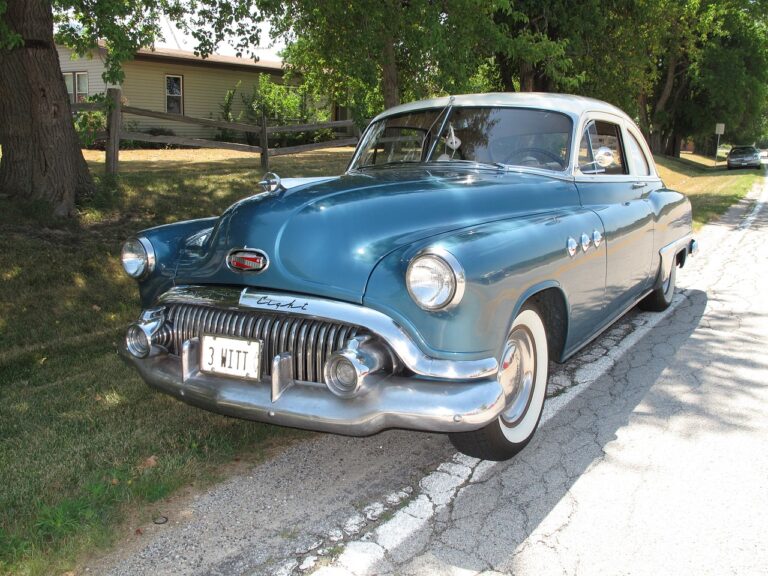Exploring Usage-Based Insurance for Emergency Vehicles
sky247 com login password, 11xplay new id sign up, play99exch: Usage-Based Insurance (UBI) is a type of auto insurance that tracks your driving behavior using technology installed in your vehicle. This innovative approach to insurance has been gaining popularity in recent years, offering drivers the opportunity to save money on their premiums by demonstrating safe driving habits. But what about emergency vehicles? Can UBI be applied to these specialized vehicles as well? Let’s explore the potential benefits of implementing UBI for emergency vehicles.
Emergency vehicles, such as ambulances, fire trucks, and police cars, are constantly on the move, responding to emergencies and traversing the roads with urgency. These vehicles often face challenging driving conditions, including heavy traffic, adverse weather, and the need to navigate through crowded streets quickly and safely.
By implementing UBI for emergency vehicles, insurance companies and emergency service providers can gain valuable insights into the driving behavior of their drivers. This data can be used to assess risk, improve driver safety, and reduce insurance premiums. Here are some key benefits of exploring UBI for emergency vehicles:
1. Enhanced Safety: By tracking driving behavior, UBI can promote safer driving practices among emergency vehicle operators. This can help reduce accidents, injuries, and fatalities on the road, ultimately saving lives.
2. Cost Savings: UBI can lead to cost savings for insurance providers and emergency service organizations. By identifying low-risk drivers and rewarding them with lower premiums, UBI can help reduce insurance costs over time.
3. Efficient Fleet Management: UBI can provide valuable data on the performance of emergency vehicles, including maintenance needs, fuel efficiency, and driver behavior. This information can be used to improve fleet management and optimize operations.
4. Accountability and Transparency: UBI can promote accountability and transparency among emergency vehicle operators. By tracking driving behavior, UBI can help identify and address any issues related to speeding, reckless driving, or unauthorized vehicle use.
5. Customized Insurance Plans: UBI can enable insurance providers to offer customized insurance plans tailored to the specific needs of emergency service organizations. This can help ensure that emergency vehicles are adequately protected while keeping insurance costs manageable.
6. Improved Driver Training: UBI data can be used to identify areas where additional driver training may be needed. By analyzing driving behavior trends, emergency service providers can offer targeted training programs to improve driver skills and safety.
As the use of technology in the auto insurance industry continues to evolve, there is significant potential for UBI to benefit emergency vehicles and the drivers who operate them. By leveraging data and analytics, UBI can help enhance driver safety, reduce insurance costs, and optimize fleet management for emergency service organizations.
FAQs:
1. Is UBI mandatory for emergency vehicles?
No, UBI is not mandatory for emergency vehicles. However, insurance providers and emergency service organizations may choose to explore UBI as a way to enhance safety, reduce costs, and improve fleet management.
2. How does UBI work for emergency vehicles?
UBI for emergency vehicles works similarly to UBI for personal vehicles. Data is collected using technology installed in the vehicle, such as telematics devices or GPS tracking systems. This data is then used to assess driving behavior, determine risk levels, and calculate insurance premiums.
3. Can UBI help prevent accidents involving emergency vehicles?
UBI can help promote safer driving practices among emergency vehicle operators, which can reduce the risk of accidents on the road. By tracking driving behavior and providing feedback to drivers, UBI can help prevent accidents and improve overall road safety.







